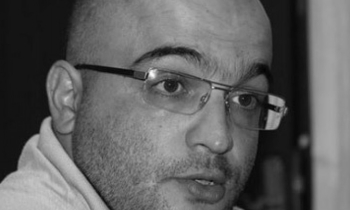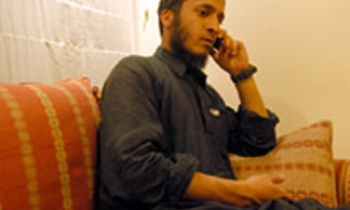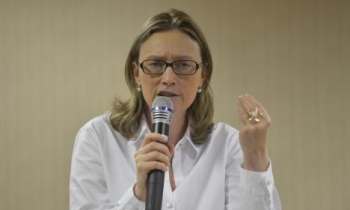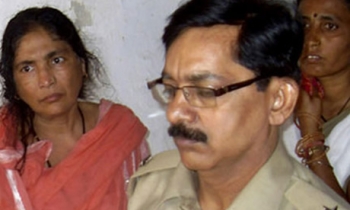International concern over the Nepal monarch's recent ordinance imposing restriction on the country's Press is rising. The latest to condemn the draconian law have been UNESCO and the International Press Freedom and Freedom of Expression Mission to Nepal, which comprises 11 international media organisations.

UNESCO director-general Koichiro Matsuura said, "The new curbs on media rights contained in this ordinance would indicate that the situation is getting worse. All these acts represent attacks on the independence of the media, and therefore on the democratic progress."
Matsuura went on to say, "At a time when the planning of democratic elections has been announced in Nepal, legislation that justifies censorship and curtails the ability of media professionals to do their job can only appear to be incompatible with a free and open electoral process." This was the first UN reaction to the recent ordinance.
Nepal's King Gyanendra had introduced media restrictions when he imposed a state of emergency in the Himalayan kingdom on February 1 this year. The new ordinance, promulgated on October 9, endorses restrictions on accreditation for reporters and increases fines for breaking restrictions that include a ban on private radio stations.
The ordinance amends six Press laws that took effect in May : the Radio Act, the National News Agency Act, the Press and Publication Act, the Press Council Act, the National Broadcasting Act and the Defamation Act.
Of particular concern, International Press Institute (IPI) director Johann P. Fritz said, are the new provisions that bar FM stations from broadcasting news related programmes and the broadening of the definition of material that cannot be broadcast. The ambiguously worded definition now includes "any subject matters with negative effects to political parties," "offensive matters," and "any matters against non-aligned foreign policy of Nepal," amongst other things.
Other provisions expand the level of protection for state authorities from public scrutiny by prohibiting any news items that cause "hatred or disrespect" not only of the King but now also of "the King and members of the royal family."

Provisions that heavily increase penalties for violations of the press law indicate a direct attempt on the part of the state to intimidate journalists, editors and publishers. In most cases fines have been increased ten-fold. The penalty for publishing defamatory items has changed from a maximum of Rs 10,000 to a maximum of Rs. 100,000 (approx. US $ 1, 434) while anyone publishing, translating or importing banned items will now be subject to a penalty of up to Rs. 500,000 (approx US $ 7,168).
The International Press Freedom and Freedom of Expression Mission also condemned the move and urged Nepal King Gyanendra to reconsider the ordinance as well as end all forms of direct and indirect censorship, intimidation, harassment and attacks against the media community and freedom of expression advocates. It also urged the international community to step up support for the independent media in order to help save "one of the kingdom's last surviving democratic gain".
The mission expressed concern that King Gyanendra, "together with the government and the security forces, is seeking to further undermine Nepal's vibrant independent media," which has been opposing the actions of the authorities to curb freedom of the Press and expression since the February 1, 2005 royal takeover.
The Federation of Nepalese Journalists (FNJ) has announced that that FNJ, civil society and professional organisations would jointly move the country's Supreme Court over what it called "black laws" aimed at curbing independent media.
The executive director of the New York based Committee to Protect Journalists (CPJ), Ann Cooper, reacted, "These extremely repressive amendments to the press law are a major blow to journalists in Nepal, who have worked tirelessly to preserve their livelihood, from a king who appears determined to destroy the independent Press. We condemn this law and call for its immediate repeal."









